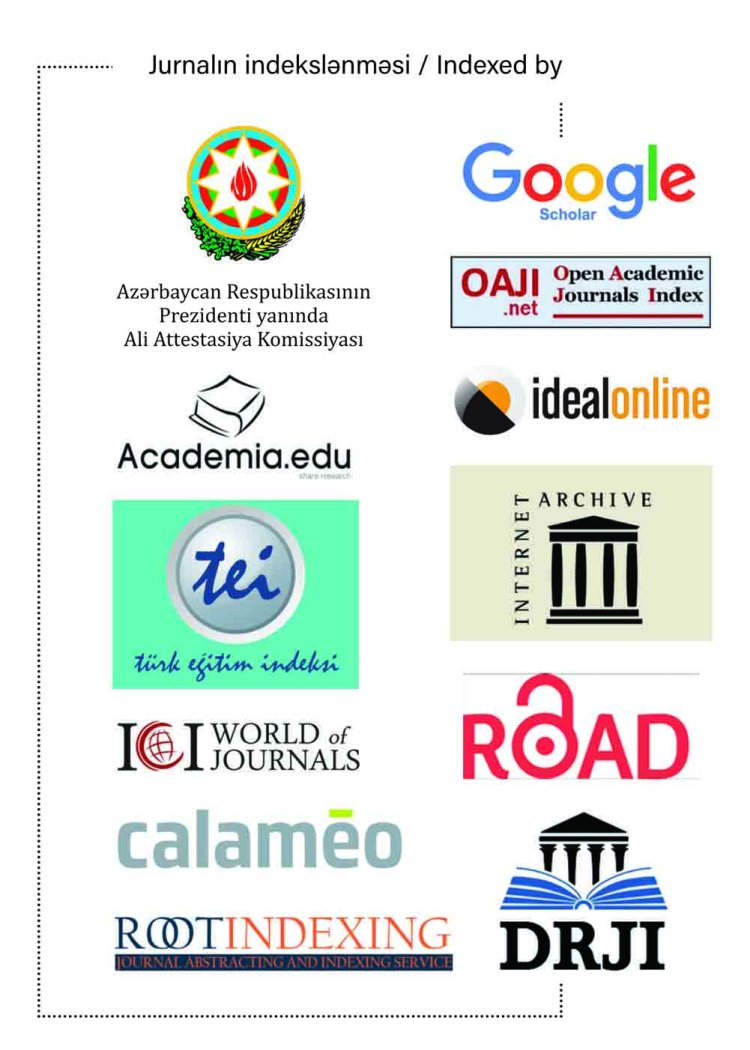ANALYSIS OF THE LITERATURE ON THE USE OF THE MOTHER TONGUE IN THE TEACHING AND LEARNING OF ENGLISH IN SCHOOLS
KHUMAR ABISHOVA, ELZA ISKANDARLI, NURANA NABIYEVA
In the article, the phenomenon of using the native language during English language instruction in general education schools is examined and the views of foreign language teachers and students on this issue are analysed. The aim here is not to appreciate or reject the role of the mother tongue in English classes, but to clarify some of the contradictory ideas that have plagued English teachers for years and to justify the use of the mother tongue theoretically and methodologically only when necessary. In this study, a qualitative approach and its document analysis method were used. The study results show that both teachers and students have a positive attitude towards the use of the mother tongue, especially in explaining complex grammatical rules, managing behavior, and reducing stress in the classroom. Therefore, it is recommended that English should remain the main language of instruction and that the mother tongue should be consciously used to support learning. It is hoped that this study will help teachers in general education schools to use their mother tongue correctly in English lessons and encourage further research in this field.




